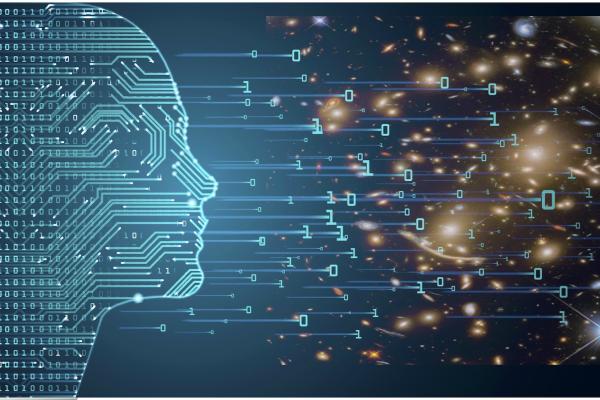
We will have a forum on Machine Learning in Astrophysics featuring special guests Dr. Vijay Narayanan and Dr. Yuan-Sen Ting.
The forum will begin with informal presentations by Dr. Narayanan and Dr. Ting, then continue in the second hour with Q&A and open discussion. Input from all attendees is welcome. Motivating questions for this forum include:
-
What are the most promising recent or anticipated developments in machine learning for astrophysics applications?
-
What are the most interesting current applications of machine learning in astrophysics? Where is it a useful tool, and where is it a game-changing advance?
-
What pitfalls should we be wary of as the role of machine learning in astrophysics grows?
-
How should we adjust our training of undergraduate and graduate students in astrophysics? What are machine learning techniques that every astrophysicist should know? How can senior researchers efficiently learn about machine learning techniques and opportunities?
-
How do we enable fruitful, bi-directional collaborations between astrophysicists and machine learning experts in academia and in industry?
Vijay Narayanan received his PhD in Astronomy from Ohio State in 1999. Following postdoctoral research in cosmology at Princeton, he has worked for two decades in machine learning and data analytics, in small and large enterprise and consumer companies, including Yahoo Labs, Microsoft, Pinterest and ServiceNow, where he has led organizations building data and AI platforms, products and research.
Yuan-Sen Ting received his PhD in Astronomy from Harvard in 2017. After postdoctoral positions at Carnegie Observatories, Princeton University, and the Institute for Advanced Study, he joined the faculty of Australian National University, where he is an Associate Professor in Astrophysics and Computer Science. He is an author of more than 140 journal articles, many of them on topics at the frontier of astrophysics and machine learning.
